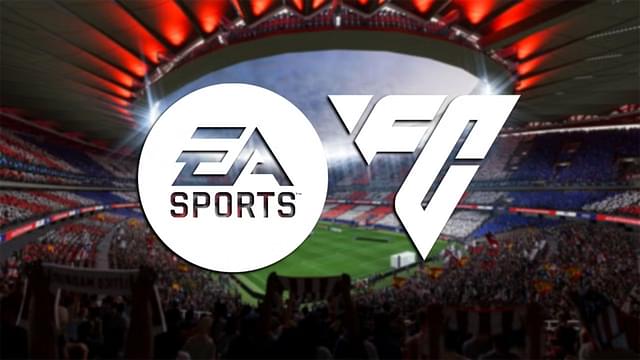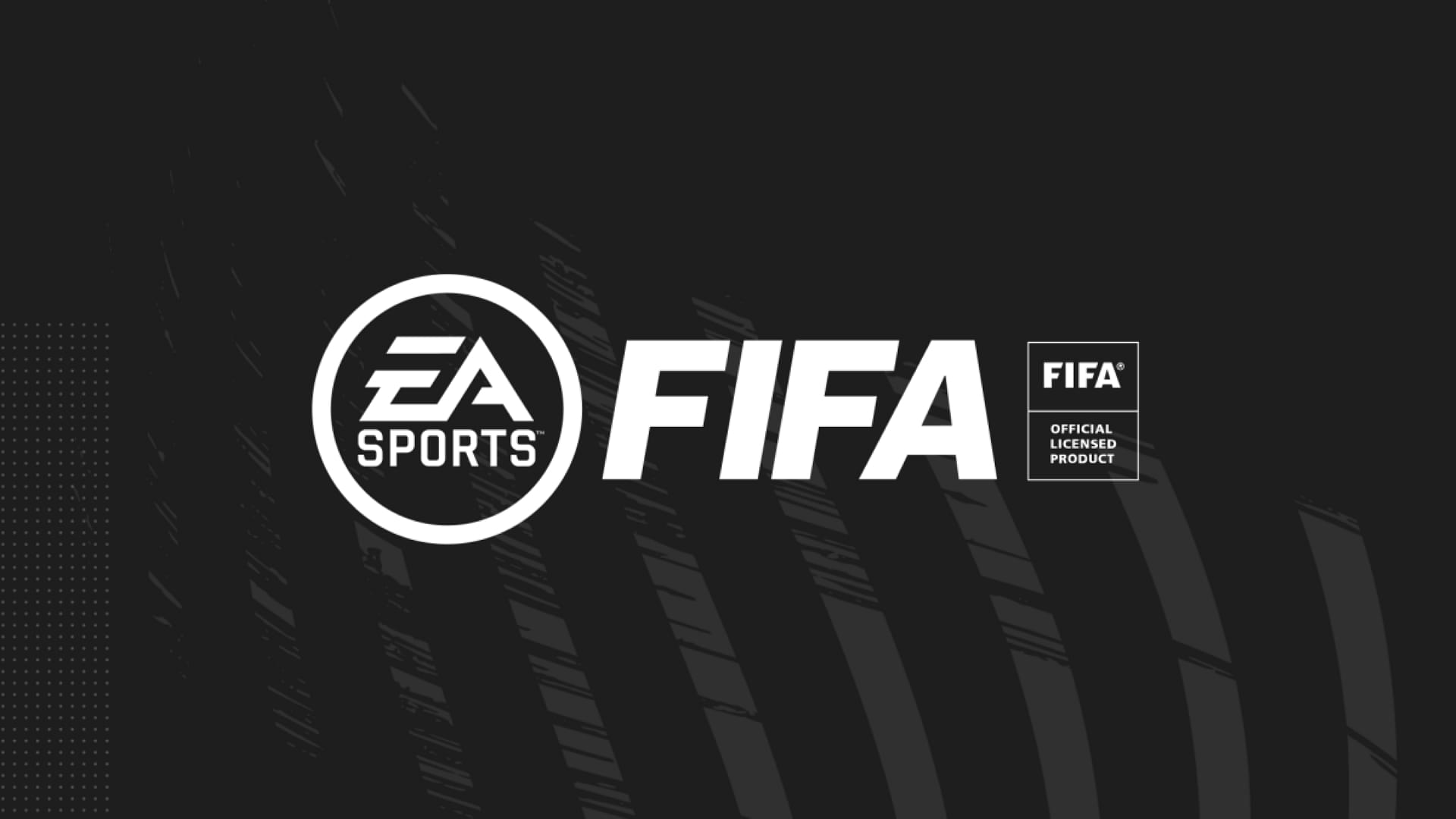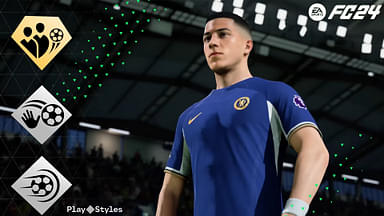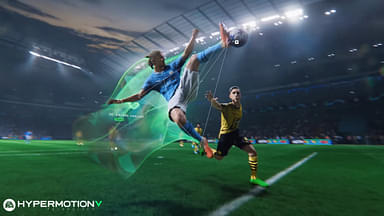Electronic Arts’ EA FC, formerly known as FIFA, is possibly the most successful sports simulation game franchise. Even those who don’t follow soccer have heard about EA’s soccer simulation games. However, readers will be surprised to know that the American publisher originally planned for the game to cater solely to the US Audience.
EA first got involved in sports video games in 1988 with the release of John Madden Football, which was based on American Football and eventually became the now-known NFL Madden series. It was the success of the American football game that encouraged Electronic Arts to make a game based on European football or soccer.
The American giants eventually came up with a soccer game called Team USA Soccer. During the development, EA finalized a licensing deal with soccer’s governing body, FIFA, which helped them rename the title to FIFA International Soccer. However, they still planned to release the game as Team USA Soccer in North America, fearing whether the American audience would be aware of FIFA.
The game was finally released as FIFA International Soccer globally in December 1993. Since the release preceded the 1994 FIFA World Cup 1994 held in the USA by a few months, the title got more attention than what the developers had anticipated. Football fever was on the rise in the States at that time, and even though the first FIFA title did not include licensed players or teams, people loved recreating the brilliance of the game on their screens. On top of it, FIFA International Soccer’s success also pushed other developers to create soccer games, including Konami’s Goal Storm, which was eventually renamed Pro Evolution Soccer (PES).
Interestingly, PES grew to be FIFA’s biggest competitor and even managed to get the edge due to its superior gameplay. However, things began to change in the mid-2000s when EA signed contracts that brought realism to their games, featuring real-life soccer teams and players. On top of it, the introduction of the Ultimate Team feature made FIFA a household name in the gaming and esports scene.
Why did EA Sports part ways with FIFA?
After the release of FIFA 23, rumors claimed that Electronic Arts would be rebranding their upcoming soccer simulation title since their deal with FIFA had expired. FIFA believed their name on the cover was worth a lot more, and continued asking for more money just to let the American publisher continue using the FIFA banner. However, EA had an issue with the amount FIFA demanded and believed the matter was getting out of hand.

Over the years, EA had signed deals and contracts with leagues, player bodies, and other organizations that allowed them to use the official club logos and players in the game. Their deal with FIFA was only for the name on the box. Hence, once FIFA began denying the changes EA wanted, including the introduction of Hypermotion and a new deal with Nike, the American Publishers decided to cut all ties with the governing body.
The FIFA license is up for sale and rivals like Konami could buy it and release a new FIFA game series. However, Electronic Arts is no longer worried about it, as they have numerous contracts in place that give them exclusive access to the world’s best players and leagues. Hence, even though FIFA helped grow the soccer simulation franchise as we know it today, EA does not need those four letters on the box anymore.





